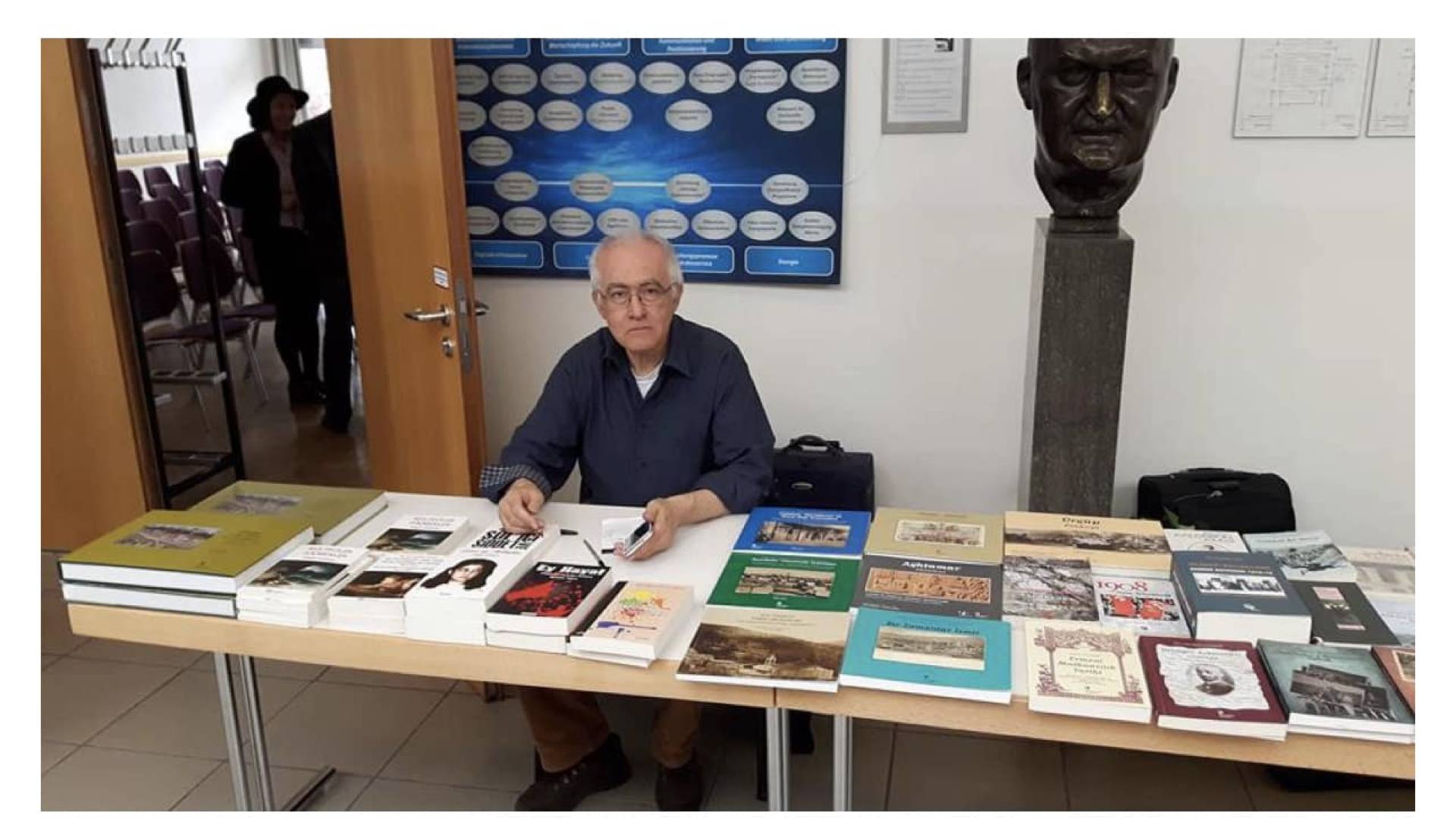CHANGING MIGRATION Engin Erkiner
CHANGING MIGRATION Engin Erkiner Over the last two decades, the composition of migration and the number of migrants has changed worldwide. Some countries have walled off their borders to prevent migration, such as Turkey, while European Union countries have entrusted the organization Frontex to protect their external borders. This organization has been accused of pushing migrants into the sea and causing some of them to drown. The US has installed an electronic surveillance system on the Mexican border. In island countries - such as the UK and Australia - it is almost impossible to enter illegally. Migration continues to increase in various forms such as asylum applications, illegal migration, family reunification, migration of skilled workers. There are also migrations that we do not hear about and these constitute the largest number. People usually migrate to nearby countries. They don't have the means to go far or they don't want to move too far from their country. There are constant wars within and between African countries. Many people therefore migrate to nearby countries for short or long periods of time. Turkey is one of the countries that has received a great deal of migration in the last two decades. Although it is a country that receives and gives a significant number of migrants, this situation is not researched within the scope of the sociology of migration. Turkey has received about five million migrants in the last two decades. Since there is no right to asylum in the country, they have the status of guests. Many people from Syria have also migrated to Lebanon and Jordan. In proportion to their small populations, these countries receive more migrants than Turkey. Migration is not a new phenomenon; it has existed since the beginning of human history. The sending and receiving regions have changed, but migration has always existed. For years, large numbers of people traveled from European countries to the USA, South America and colonial countries and settled there. After 1960, the number of people coming to the US and European countries from what was then called the "Third World" increased. What are the reasons for the increase in the number of migrants in the last two decades? Here we limit the question to those who have migrated or tried to migrate to the European Union countries in various ways. The first reason: migration has become easier. The speed of transportation has increased and the cost of getting from one place to another has decreased. More importantly, communication has become cheaper and easier. The most important item for illegal migrants is the cell phone. Some eight years ago, when large numbers of Syrians were crossing the European Union on foot and reaching the German border, those in the lead were constantly informing those behind via cell phones. The speed and ease of information communication through cell phones as well as the internet make it easier for migrants to pursue concrete goals. Once a group learns the answer to the question of which country is easier to enter through which border, they immediately pass the information on to others. In the past, migrants used to go to countries about which they had almost no information. Now they have detailed information in advance. This allows them to diversify their choices and try different paths. The second reason: migration has accumulated. In the 1960s and 1970s, migrants were virtually alone in the country of destination. Now there are several generations after the first ones in the countries that are particularly targeted by migration. Everyone who wants to migrate has relatives, friends or fellow countrymen who can provide information, stay with them when they arrive, help them find asylum and employment. Thus, unlike in the past, migrants are not going to a place they know very little about. Not only do they have detailed information about their destination, but they also have people who can help them there. Those who came and settled in countries such as the USA, Germany, France, Switzerland, Sweden and the Netherlands many years ago also support those who want to migrate but are not in a good economic situation. Aylan Kurdi, whose lifeless body washed up on the Aegean coast, and his family wanted to go to his aunt in Canada. She had sent the money for the trip. In the past, it would have taken months to reach the aunt across Canada and receive money from her; now it takes a few days. Without the accumulation of migration and the cheapening and increase in transportation and communication opportunities, the increase in migration would not have come to the fore. In the sociology of migration, two factors are taken into account: the push power of the country of departure and the pull power of the country of arrival. In Africa, the Middle East, Turkey, South America, there are always people who want to leave. The important thing is to what extent the country of destination will pose difficulties for them. When Germany opened its borders to around one million migrants, mostly Syrians, 7-8 years ago, it did so because it needed labor. There was a need for a large number of people to work, especially in low-paid jobs, and the head of the Employers' Association at the time made a statement supporting the government's policy. The Syrians have largely settled in, a few have been deported for criminal offenses, and they are now trying to take in relatives left behind - whether in Syria, Turkey or Greece. Syrians made the highest number of asylum applications in Germany last year. Germany still needs additional labor, but skilled labor. The expected level of skilled labor has not been found among Syrians. Around one million Ukrainians have arrived in the last year, but even these are not enough to fill the shortage. When we talk about migration, we should not only think of it in terms of those coming from outside to the European Union countries. There is also internal migration. For example, many skilled workers from Italy are coming to Germany. That is why new German courses are constantly being opened. The next article will be on the economics of migration. Some countries, companies and individuals profit greatly from migration.



 Türkçe
Türkçe 















